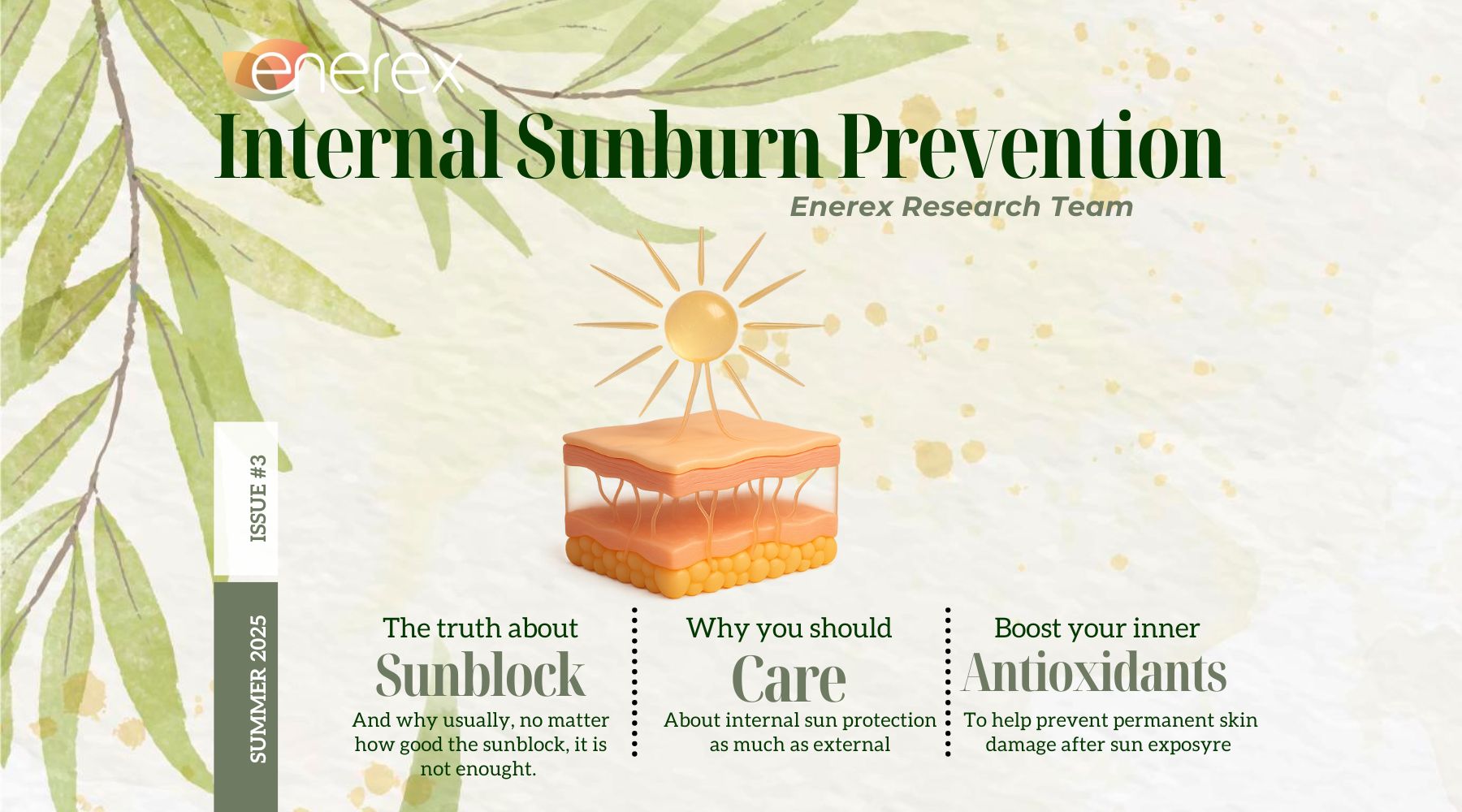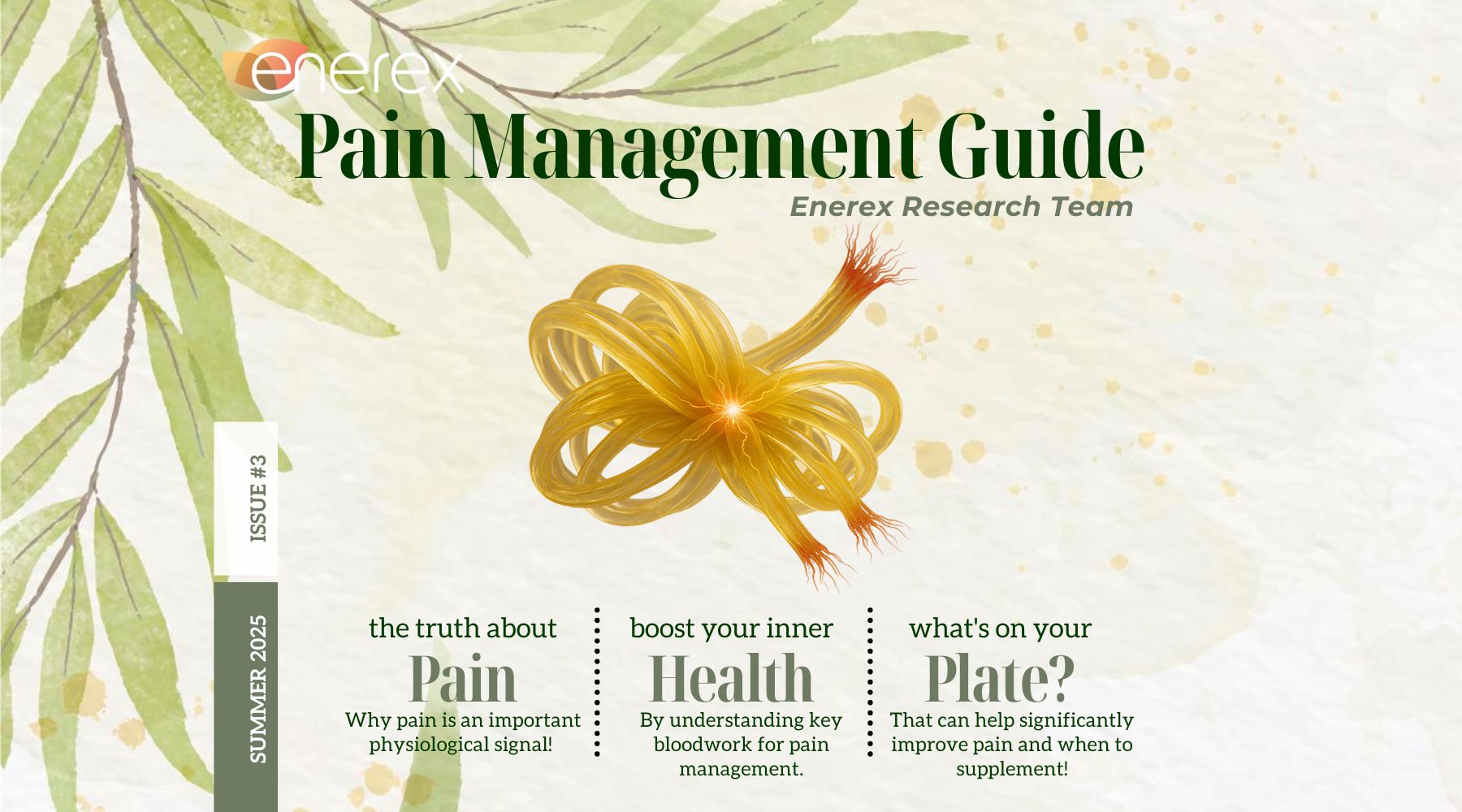4 Impressive Benefits of Reishi Mushroom
Reishi is one of the most celebrated functional mushrooms. Its use in alternative medicine dates back thousands of years. It was first referenced in Chinese medical literature, and referred to as the “Elixir of Life” and the “Mushroom of Immortality”. Its Chinese name, Ling Zhi, translates to “divine fungus” or “herb of spiritual potency” which sheds light on its multifaceted benefits for health and longevity. Still, those are some big claims for a little mushroom.

Blog Contents
Bioactive Compounds in Reishi Mushroom
Modern research, however, has identified tangible benefits from the bioactive ingredients found in reishi mushroom. Hundreds of polysaccharide and triterpene compounds have been isolated and researched with a proven display of diverse benefits.
-
POLYSACCHARIDES: Have been shown to modulate the immune system providing support and balance
- TRITERPENES: Have demonstrated adaptogenic effects that support blood pressure management, help to regulate mood, and calm allergies and inflammation
Reishi is native to Europe, Asia, and North America and prefers tropical, subtropical, and temperate climates with plenty of hardwoods including oak and maple. While reishi is indeed a wild mushroom. It has been cultivated due to high demand and also, rarity: only two or three out of 10,000 mature hardwood trees will have the fruiting body of reishi growing on them.
Let’s go through the modern uses and impressive benefits of reishi mushroom:
4 Impressive Benefits of Reishi Mushroom
Immune Support
Prioritising immune support is a proactive and preventative strategy to ensure wellness. Reishi is beneficial for immunity in multiple ways. Natural polysaccharide content activates macrophages, and helper-T cells, and influences cellular immunity. It also promotes defence against pathogens like bacteria and viruses by supporting humoral immunity. (1)
In contrast, an overactive or boosted immune system (which is not beneficial) can lead to allergic reactions and inflammation. Reishi can also help to down-regulate the immune system to avoid overreactions, by promoting balance and modulation. (1-2)
Adaptogenic Benefits
Reishi belongs to a class of medicinals known as adaptogens. In simple terms, adaptogens help the body to adapt to physical, chemical, and biological stress factors. These actions include mediation, up-regulation, and down-regulation. Reishi is highly regarded for supporting the endocrine system, especially the adrenal cortex. Studies have suggested that taking reishi regularly can help you: (3)
- Balance cortisol and adrenaline
- Reduce anxiousness
- Find stable, long-lasting focus
- Promote restful sleep
Liver Function
Reishi also has hepatoprotective properties. Reishi has been shown to positively upregulate and modulate liver enzymes used in phase 1 and phase 2 of liver detoxification. This is system detoxifies harmful substances. This protective mechanism can be attributed to antioxidant content and the triterpenes'. Reishi has also been traditionally used in the treatment of hepatitis, again triterpenes are the key compounds responsible for the positive effects. (4-5)
Cognitive Health & Mental Clarity
Polysaccharide content in reishi has been shown to promote neurogenesis and improve cognitive functions with the potential of helping neurodegenerative diseases such as Alzheimer’s. Active triterpenes in Reishi were found to stimulate the production of nerve growth factor and enhance mitochondrial synthesis in the brain. (6-7)
Article References
- Immune Modulation From Five Major Mushrooms: Application to Integrative Oncology: https://www.ncbi.nlm.nih.gov/pmc/articles/PMC4684115/
- Ganoderma lucidum (Lingzhi or Reishi) https://www.ncbi.nlm.nih.gov/books/NBK92757/
- Ganoderma lucidum mycelia enhance innate immunity by activating NF-kappaB: https://pubmed.ncbi.nlm.nih.gov/16169168/
- Effects of Ganoderma lucidum polysaccharide on CYP2E1, CYP1A2 and CYP3A activities in BCG-immune hepatic injury in rats: https://pubmed.ncbi.nlm.nih.gov/17827724/
- Antagonizing beta-amyloid peptide neurotoxicity of the anti-aging fungus Ganoderma lucidum: https://pubmed.ncbi.nlm.nih.gov/18083148/
- Polysaccharides from Ganoderma lucidum Promote Cognitive Function and Neural Progenitor Proliferation in Mouse Model of Alzheimer's Disease: https://www.ncbi.nlm.nih.gov/pmc/articles/PMC5233449/








Leave a comment